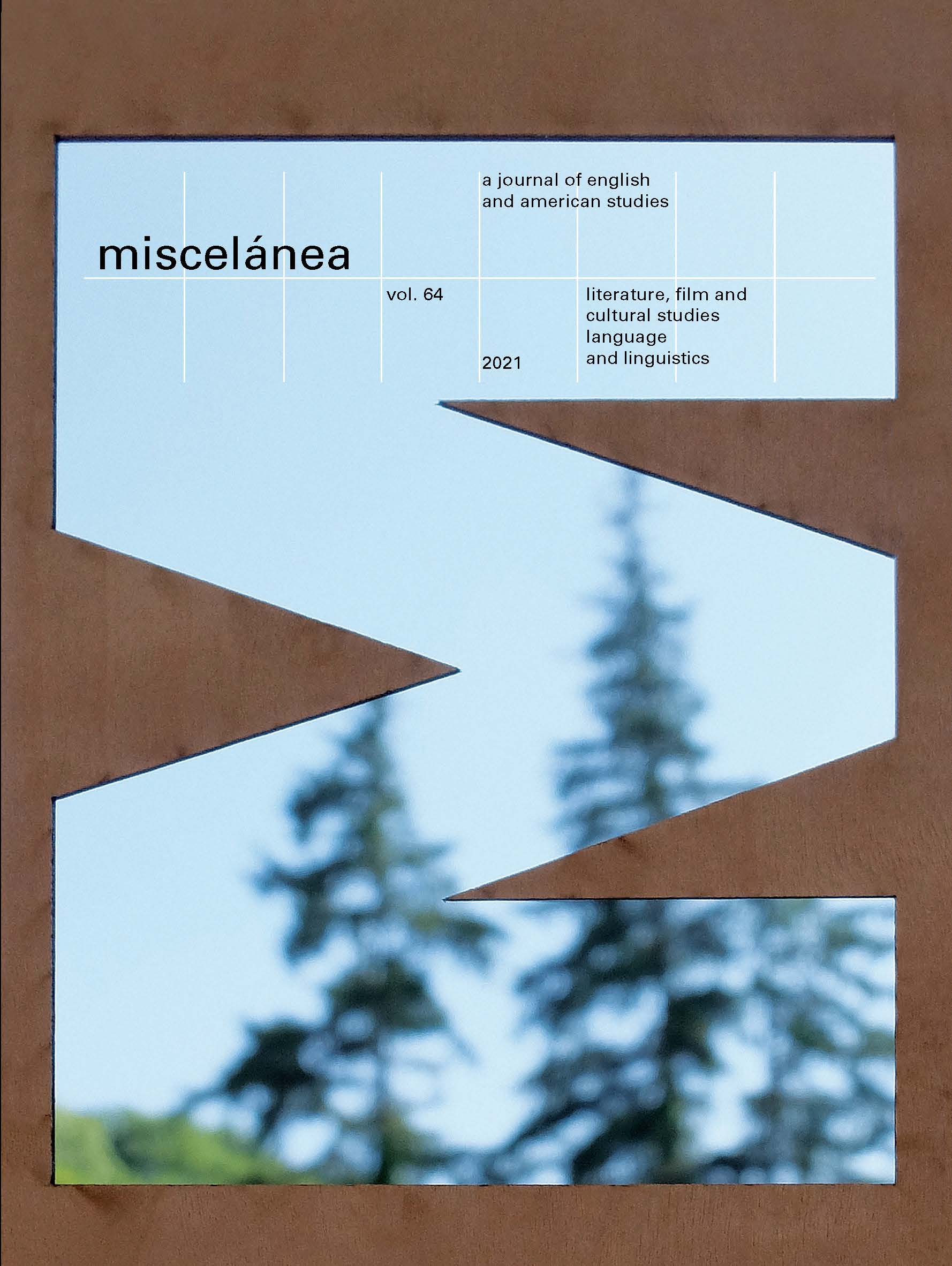El antisemitismo "correcto" e "incorrecto" de Christopher Isherwood: una lectura política
DOI:
https://doi.org/10.26754/ojs_misc/mj.20216055Palabras clave:
Christopher Isherwood, judíos, teoría de la identidad social, asociaciones cognitivas, antisemitismoResumen
Existen numerosas referencias sobre los prejuicios de Christopher Isherwood contra los judíos en la literatura académica, pero este tema aún no se ha abordado en profundidad. Este estudio tiene como objetivo llenar ese vacío diseccionando el sesgo del autor contra los judíos: su origen y naturaleza. El artículo analiza las referencias a los judíos en las novelas, memorias y diarios del escritor dentro del marco de la teoría de la identidad social de Tajfel y Turner que sostiene que los humanos de manera innata derogarán a quienes perciben como opuestos. Una lectura atenta revela que Isherwood, en un contexto específico de factores sociales y políticos, consideraba a los judíos ajenos a él y, de acuerdo con las predicciones de la teoría de la identidad social, los derogaba instintivamente. Antes de su estancia en Berlín, el judaísmo no le interesaba y los judíos no le gustaban porque los consideraba “exóticos”. Durante el ascenso y el dominio del nazismo, el escritor se sintió obligado a apoyar a los judíos, aunque con reticencia, porque se habían convertido en el principal objetivo del nacionalsocialismo. Más tarde, en Estados Unidos, Isherwood distinguía entre antisemitismo “correcto” e “incorrecto” y sostenía que la política judía era quejumbrosa y beligerante. A pesar de tener amigos judíos, sus diarios muestran una persistente aversión instintiva hacia los judíos. Irónicamente, el activista contra los prejuicios no podía evitar tener los suyos.
Descargas
Descargas
Publicado
Número
Sección
Licencia
Derechos de autor 2021 Miscelánea: A Journal of English and American Studies

Esta obra está bajo una licencia internacional Creative Commons Atribución-NoComercial 4.0.


